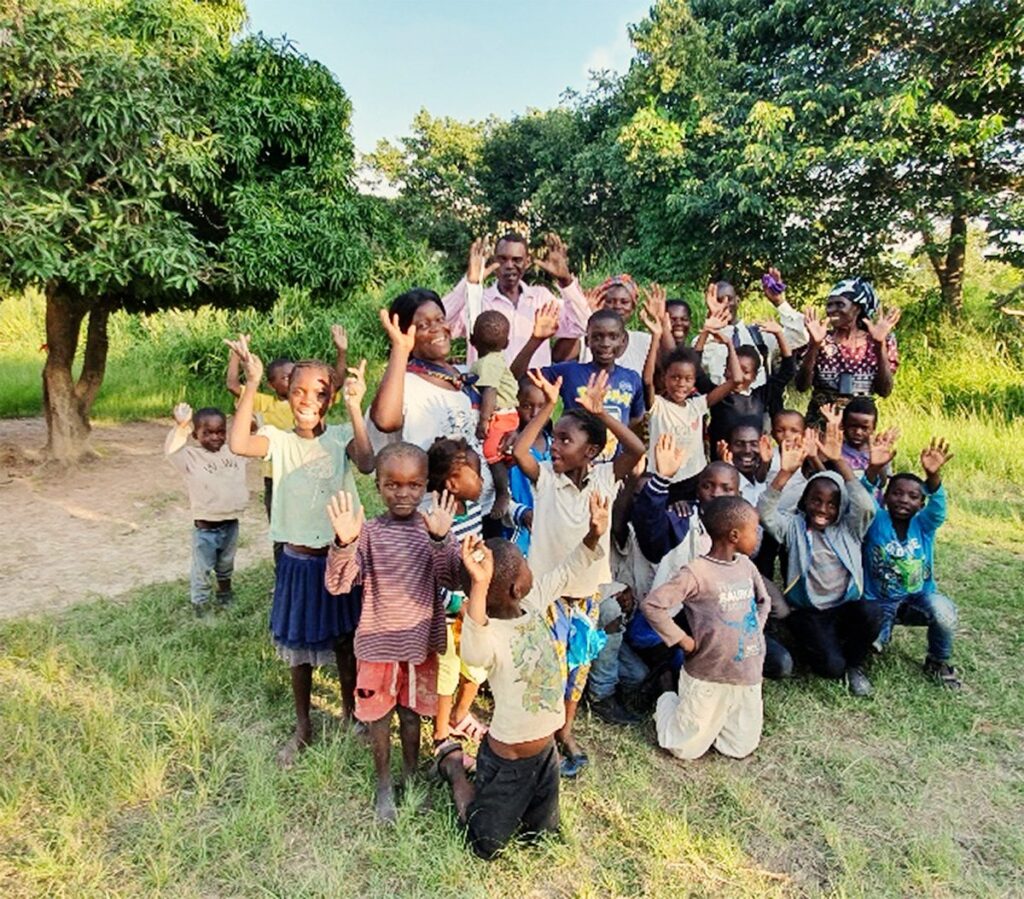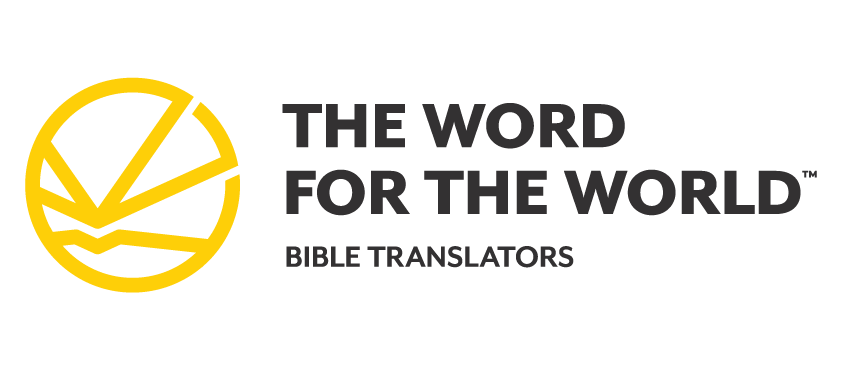Literacy & Bible Translation go Hand in Hand: How can someone learn how to translate the Scriptures into their heart language if they cannot read and write in the first place?! It may seem like an obvious thing to state, but it’s something that many literate people from literate communities may not have given much thought to. We take for granted the foundational experiences of learning the alphabet and reading a book in our language; however, thousands of language communities globally have no system for reading or writing their language. These communities are rich in language, history, cultural oral traditions, storytelling through spoken word poetry, dance and songs that carry their heritage from one generation to the next. Many of these people groups, like us, are drawn by the Spirit to read and know God’s Word in their own heart languages.

And that is our passion – to engage in grassroots collaboration with language communities who want to gain a writing system for their language, and who want to become part of preserving their rich cultural heritage in written form through community ownership of their language and identity. Literacy programs are, therefore, part and parcel of what we do.

Four years ago (2018) the man in the above picture was one of the students in TWFTW’s literacy classes. At the time, he was not a pastor. After receiving training through the literacy program, he graduated, and today he is the only pastor in his region of Malawi who knows how to read in the Sena language! His ministry has grown, and now he is preaching not only in Malawi, but also in Mozambique!
The Zambian Trip: The International team recently returned from a trip to Zambia where they visited all five of TWFTW’s Bible translation projects (Aushi, Bwile, Ila, Luyana, Nkangala and Soli). While four of the projects are fairly new, a substantial amount of the New Testament already has been translated. The Soli project has a printed New Testament, and the translators are working on the Old Testament!
Celebrating God’s Call to Women & Mothers: Some of our staff have described the experience of learning from the women, who offer an important and unique perspective when translating the Bible into their heart languages. The collaborative work done in the field is profoundly affected by the input of women who have had the experience of motherhood, and we have found that the quality and relationship aspect of our translations are richer and more nuanced, which further enhances the acceptability by the local community. There is a real need for women increasingly to be involved in both translation and interpretation work. Mothers and fathers share equally in the image of God and both are needed to bring a full, natural, clear and accurate translation of God’s Word to fruition in all of our TWFTW projects globally.

We rejoice at the way God’s kingdom is being extended in so many ways – and we are grateful for His call on us all to reach the nations for Christ. We couldn’t do this work without our partners who are a vital part of this world changing work – thank you!
Blessings
TWFTW International Team
